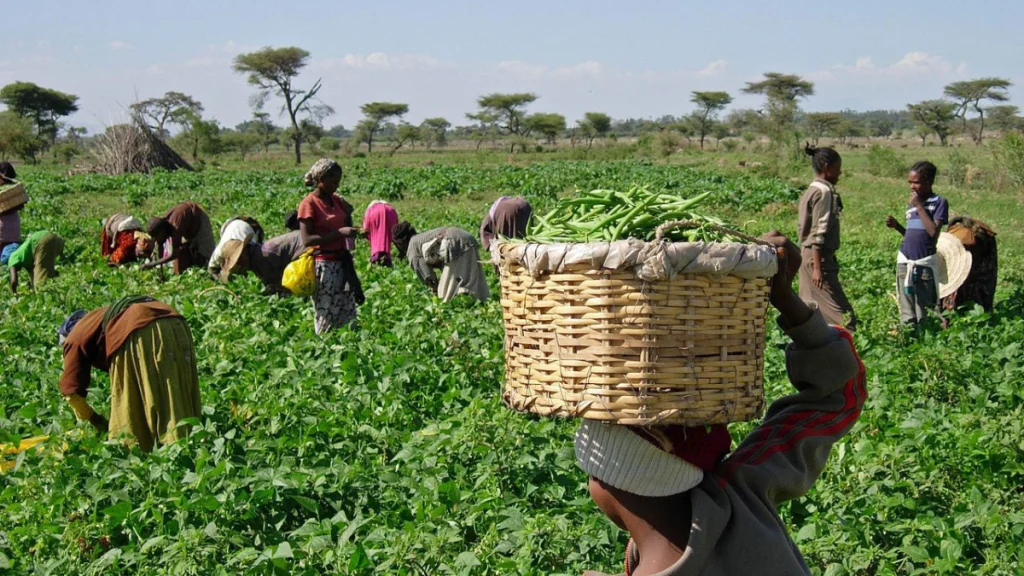Temitope Fashedemi, the Permanent Secretary of Nigeria’s Ministry of Agriculture and Food Security, has disclosed that Nigeria’s agricultural sector has contributed 24% to the country’s Gross Domestic Product (GDP).
Fashedemi made this revelation during the inception workshop on the abatement of Short-Lived Climate Pollutants (SLCPs) in the Nigerian Agricultural Sector project held in Abuja.
Represented by Mr. Osadiya Olanipekun, the Director of Agricultural Lands and Climate Change in the ministry, Fashedemi highlighted that the sector employs over 70% of the population, primarily consisting of smallholder farmers. He emphasised the need for climate resilience in the sector due to its critical importance.

He stated that the ministry is tasked with developing Nigeria’s agricultural sector to drive income growth and accelerate food and nutrition security, among other objectives. However, he noted that climate change poses significant challenges to achieving these mandates, as food security and climate change are interconnected.
Fashedemi pointed out that open burning has traditionally been used as a cost-effective agricultural management method, but Nigeria is committed to reducing Short-Lived Climate Pollutants (SLCPs) as part of its efforts to mitigate climate change’s effects.
Mrs. Joy Aderele, the Country Director of Self Help Africa, Nigeria, highlighted the dangers of SLCPs, which are harmful air pollutants responsible for negative impacts on human health, agriculture, and ecosystems. She explained that SLCPs have relatively short lifetimes in the atmosphere and unveiled an 18-month pilot project aimed at reducing open burning.
The project, involving 500 farmer participants and 45 agricultural extension officers across Nigeria’s geopolitical zones, will focus on Gboko Local Government Area in Benue State to demonstrate successful approaches to reducing open field burning.
Mr. Julius Awu, the project manager of Self Help Africa, outlined one of the SLCPs project objectives, which is to contribute to Nigeria’s goals of low-carbon development and emissions reduction.


